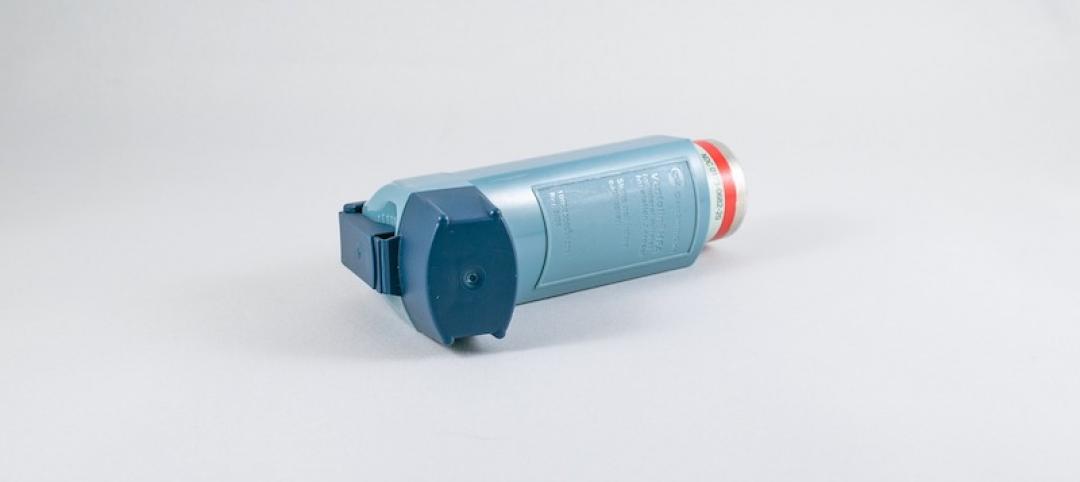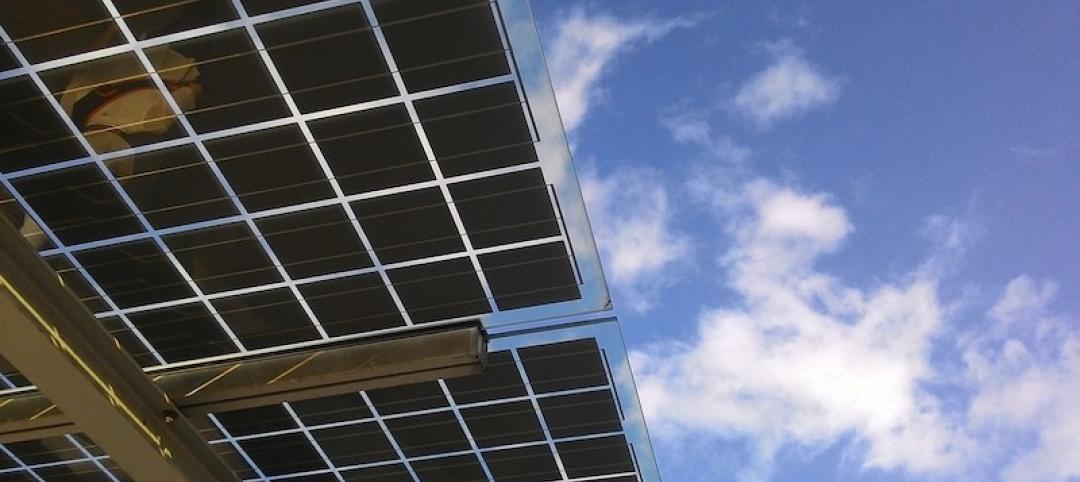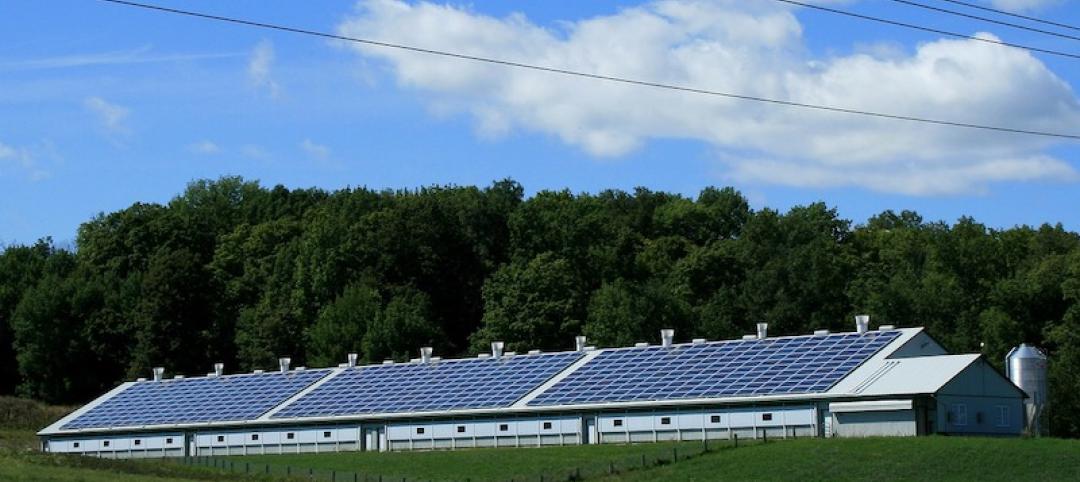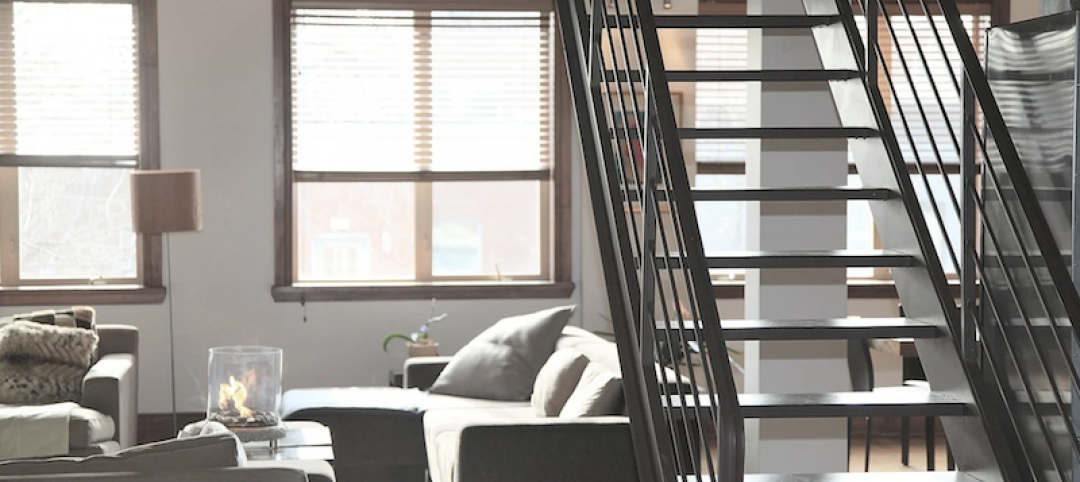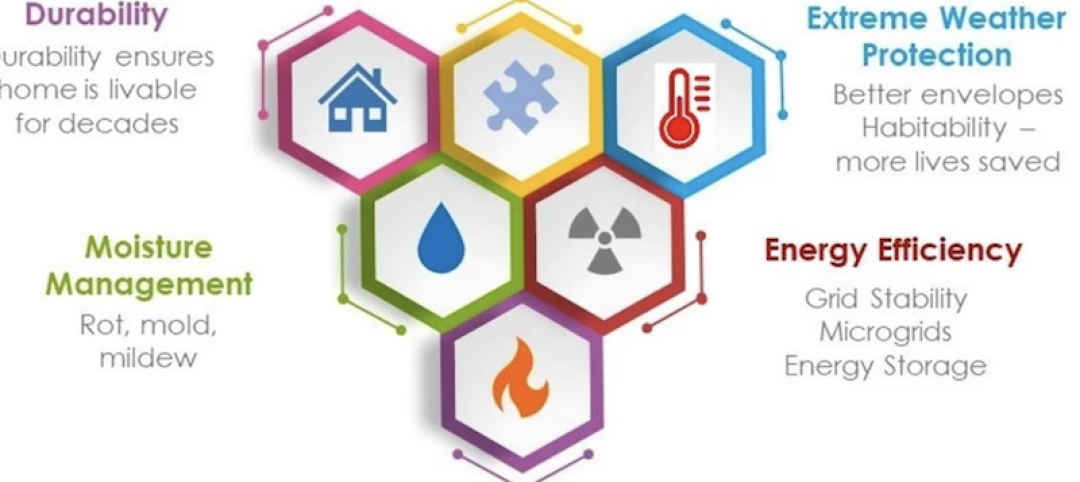The Washington D.C. Council recently passed legislation that will make it more expensive for owners to hold vacant or blighted property.
The Vacant Property Enforcement Act of 2016 reduces the maximum amount of time a vacant property can qualify for an exemption from higher vacancy tax rates. It also closes a loophole that allows continuous renewal of construction permits to qualify for tax exemptions, and require owners of vacant properties to prove they are no longer subject to the higher tax rates.
"The District has a substantial number of vacant properties, many of which are poorly maintained,” the bill report says. "Property owners may keep their properties vacant or fail to maintain them because they expect property values to rise over time. Poorly maintained and vacant properties can damage surrounding communities by being eyesores, by serving a venue for drug use and by providing a home for rodents or other animals. The net effect is to reduce the feeling of a cohesive community and depress surrounding property values."
The legislation reduces the time an owner can claim an exemption from higher taxes because of construction to one year for residential properties and to two years for commercial properties. Fines for failing to comply with city property regulations will rise from $1,000 to $5,000.
Related Stories
Codes and Standards | Oct 12, 2020
Guidance offered for K-12 schools to support students with asthma
Green purchasing policies for cleaning, filters, furniture and other products encouraged.
Codes and Standards | Oct 7, 2020
More energy efficiency programs are encouraging zero-energy projects
At least 20 programs for new construction, major renovations emerge.
Codes and Standards | Oct 6, 2020
LEED, GBCI rating systems spur resilience-enhancing strategies
Expanded programs, resources address impact of climate change.
Codes and Standards | Oct 6, 2020
International Code Council to hold inaugural online education event
Week-long ICC Learn Live will include panel conversations, keynotes, and breakout sessions around key topics in building safety.
Codes and Standards | Oct 5, 2020
Guides addressing fenestration anchorage updated
First update to decade-old technical documents released.
Codes and Standards | Oct 1, 2020
Deadline extension for LEED 2009 project certifications
Delivery timeline delays due to COVID-19 pandemic prompt action.
Codes and Standards | Sep 29, 2020
New drinking water standard criteria further restricts lead leaching in plumbing products
Tightened standard applies to endpoint devices that dispense drinking water, and other plumbing components
Codes and Standards | Sep 29, 2020
Groups sue CDC over eviction moratorium
Natl. Apartment Assn. and New Civil Liberties Alliance want hearing by October.
Codes and Standards | Sep 24, 2020
Benefits of building enclosure commissioning include reduced costs
Savings achieved in less rework and fewer and shorter punch lists.
Codes and Standards | Sep 23, 2020
Intl. Code Council aims to stay ahead of new tech, efficiency trends, and resiliency
Passive survivability, social resiliency, and community health among the goals.



